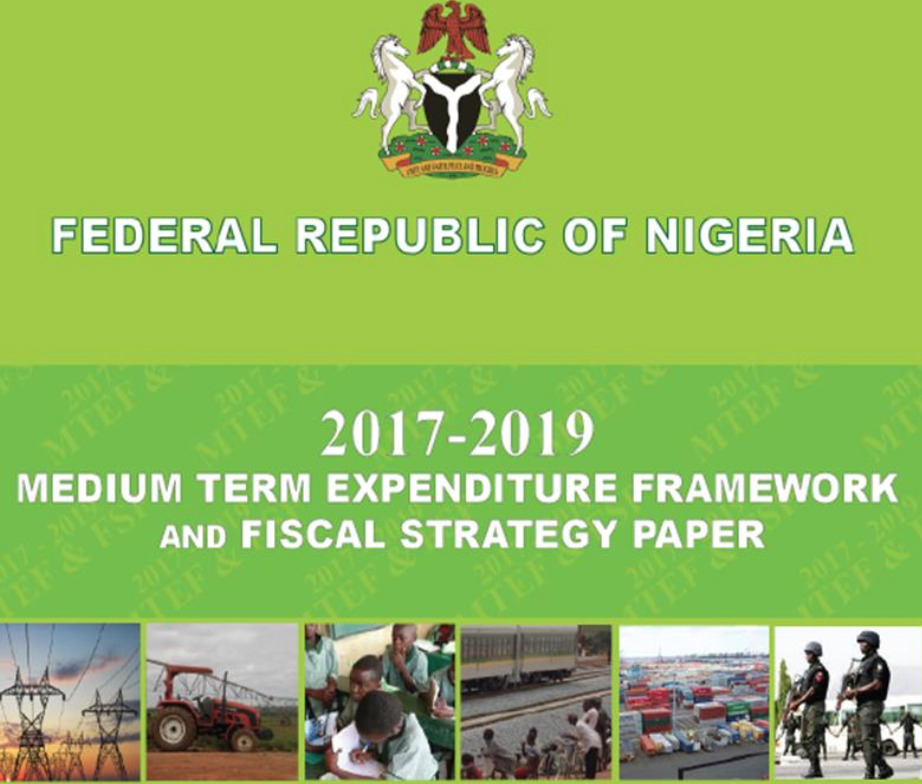
Over the last 57 years, political governance has been a mug’s game. Medium-term visions are used to narcotise the people, while a corrupt and inefficient political and bureaucratic class proceed as usual. For confirmation, look at the process by which the annual budgets are approved.
If there is that quality about the Nigerian state that is no longer in doubt, it must be the fact that we are a nation of visionaries. This national failing goes back to the five-year development plans which were a post-independence staple. A Soviet conceit, these were always doomed to fail. For even then, economies were too sophisticated to be driven by strict production quotas for different sectors.
Still, a working understanding of economies, and the fact that they are likelier to grow (in unintended directions, it must be admitted) if government’s touch were lighter was not enough disincentive to our policy dreamers. A succession of poverty alleviation programmes occurred in the wake of the ill-starred development plans.
Of late, we have had “Vision 2010”, General Abdulsalam Abubakar’s nostrum for solving the nation’s most pressing needs. Then, there was “Vision 2020”. The main document for this was so sure that, implemented to the letter, its clauses would ensure that “By 2020 Nigeria will be one of the 20 largest economies in the world, able to consolidate its leadership role in Africa and establish itself as a significant player in the global economic and political arena.” Not to be outdone, General Obasanjo’s civilian administration launched the National Economic Empowerment and Development Strategy (NEEDS), a poverty reduction strategy paper, whose breadth was as ambitious as its timelines. “(A) development plan like no other ever seen in Nigeria”, NEEDS wished “to make poverty a thing of the past in Nigeria”.
The one property that characterised all of these programmes was the sense that you had that government was so sure that the end-dates for measuring their successes were so far off in the future, and the amnesia afflicting our people so chronic, that non-performance was never going to be a problem. At the turn of the last century, 2020 seemed aeons away. Today, that fabled date is but three years away! What, then, to make of the many poverty alleviation excuses that had this year at the end of their timelines?
How may we hope to achieve strategic programmes whose use-by dates extend way past most individual’s planning horizons, when we constantly make a hash of the quotidian budget?
For answer, look no further than the provisions of the Fiscal Responsibility Act 2007. The Act apparently provides for the executive arm of the central government to send to the National Assembly a three-year Medium-Term Expenditure Framework (MTEF) and Fiscal Strategy Paper, before it may put the budget forward. This way government shares its expenditure and fiscal vision over three years in order that the rest of us may understand its spending priorities over the next 12 months.
The governance trick here has been in the relative ease with which all agencies involved in the passage of such bills agree on the medium-term goals. In the case of the current MTEF, not many of those who put their name to the document expect to be politically active over the next three years; and those who do may count on the collective propensity of the electorate either not to have paid attention to, or to have forgotten the details of the plan.
Over the last 57 years, political governance has been a mug’s game. Medium-term visions are used to narcotise the people, while a corrupt and inefficient political and bureaucratic class proceed as usual. For confirmation, look at the process by which the annual budgets are approved. Although, these, more than the visions they speak to, are the tools by which our governments may more easily improve the economy, nearly always these are not ready until mid-way into each year. How may we hope to achieve strategic programmes whose use-by dates extend way past most individual’s planning horizons, when we constantly make a hash of the quotidian budget?
Uddin Ifeanyi, journalist manqué and retired civil servant, can be reached @IfeanyiUddin.
END

Be the first to comment